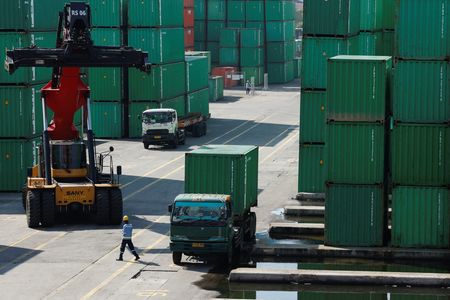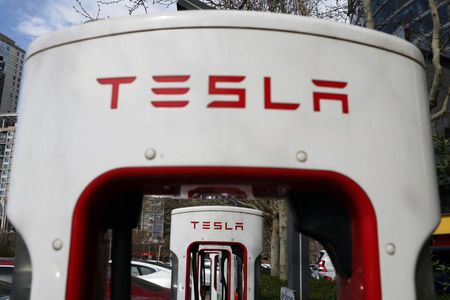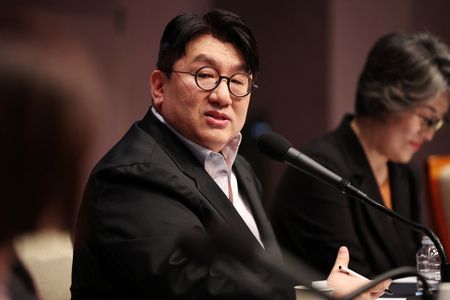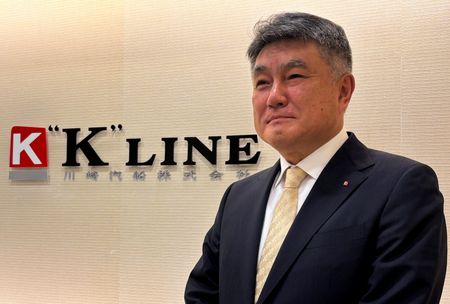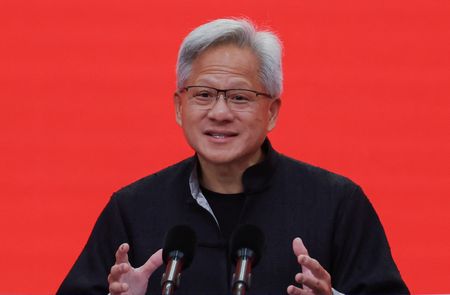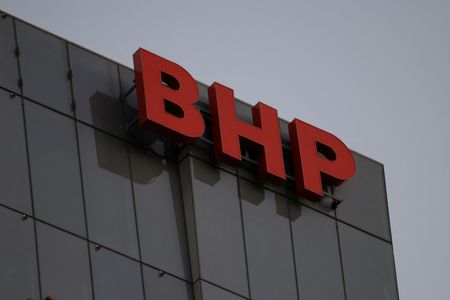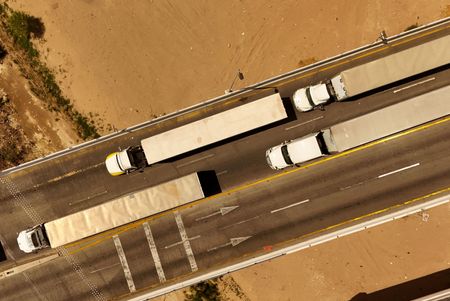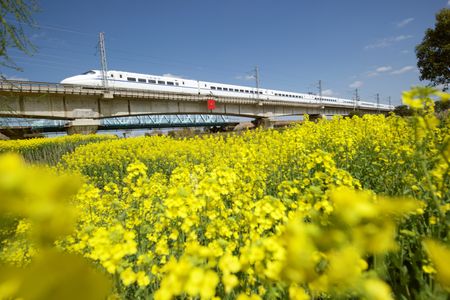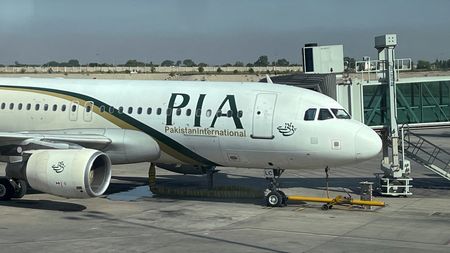By Stefanno Sulaiman and Gayatri Suroyo
JAKARTA (Reuters) -Indonesia’s president said U.S. counterpart Donald Trump was a “tough negotiator” after the two countries reached a trade deal that led to a reduction of proposed tariff rates to 19% from 32%.
The deal is among only a handful reached so far by the Trump administration ahead of an August 1 deadline for negotiations, but no details were immediately provided by Indonesia, Southeast Asia’s largest economy and a member of the G20.
Trump said Indonesia had committed to purchasing 50 Boeing jets, $15 billion in U.S. energy supplies, and $4.5 billion in U.S. agricultural products.
“We’ve agreed from 32%, if I’m not mistaken, lowered to 19% … I was still negotiating, but, I must say, he’s a pretty tough negotiator,” Indonesia President Prabowo Subianto told journalists on Wednesday after a phone call with Trump.
Prabowo, who was returning from overseas visits, including Brazil for the BRICS conference, said he had spoken to Trump. He added, while he understood the United States’ points of view in the talks: “We’ve given our offer, we cannot give more.”
Trump’s comments outlined an Indonesia deal similar to a preliminary pact struck recently with Vietnam, with no levies on U.S. exports to Indonesia. It also included a penalty rate for so-called transshipments of goods from China via Indonesia.
Indonesia – the world’s fourth-largest country by population – ran a goods trade surplus of $17.9 billion with the United States in 2024, according to the U.S. Trade Representative.
“This is an extraordinary struggle by our negotiating team led by the Coordinating Minister for Economic Affairs,” Hasan Nasbi, the Indonesian president’s spokesperson, told reporters earlier.
Nasbi said Indonesia’s tariff rate was much lower than other countries in Southeast Asia.
The Jakarta stock index rose as much as 0.8% on Wednesday after the deal, which Indonesia’s central bank said would provide a positive catalyst for economic activities. The JKSE is up 10% since early April.
The country’s central bank cut rates on Wednesday, saying the deal will have a positive impact on the archipelago’s exports and economic growth, and provide certainty to financial markets.
A report by Capital Economics said that the rate cut might have come anyway, but the trade deal helped by removing a key source of uncertainty.
“While details are still sparse, it appears to be similar to that agreed with Vietnam, with clamping down on re-routing from China, once again, a key target,” the report said.
Natixis warned the Indonesian economy would still be affected by Trump’s tariffs on China – Indonesia’s biggest trade partner.
“Well, 19% is better than 32%,” Matt Simpson, a senior market analyst at City Index in Brisbane, said.
“Indonesian non-oil exports such as footwear and textiles will take a hit, but energy and agriculture are set to gain. Officials are of course pleased because they’re in Trump’s good books,” he added.
Myrdal Gunarto, an economist with Maybank Indonesia, described the deal as relatively good, as Jakarta is getting a tariff below those imposed on other Southeast Asian neighbours.
“(It) opens more space for domestic lower monetary policy rate,” he said, predicting it would also trigger capital inflows.
(Reporting by Stefanno Sulaiman, Ananda Teresia and Gayatri Suroyo in Jakarta; additional reporting by Kevin Buckland in Tokyo; Writing by Gibran Peshimam; Editing by John Mair and Kim Coghill)

